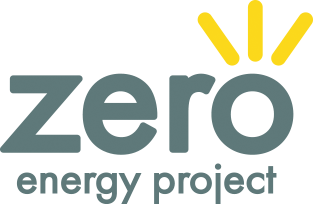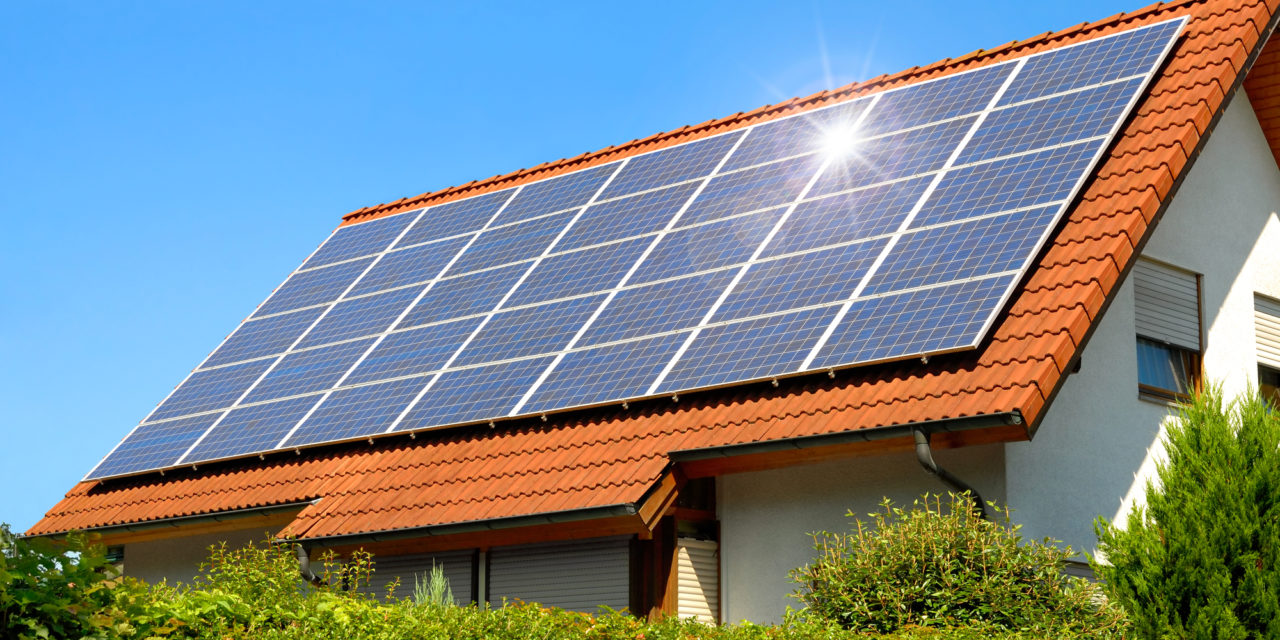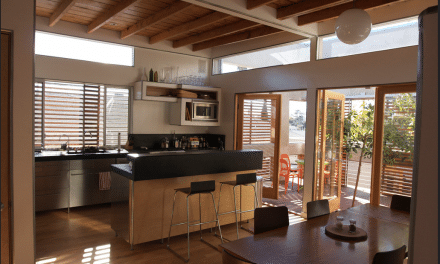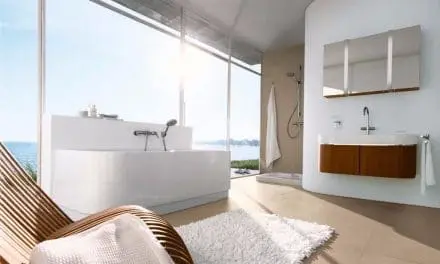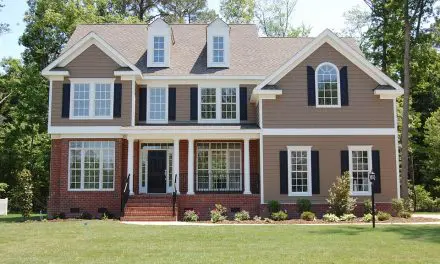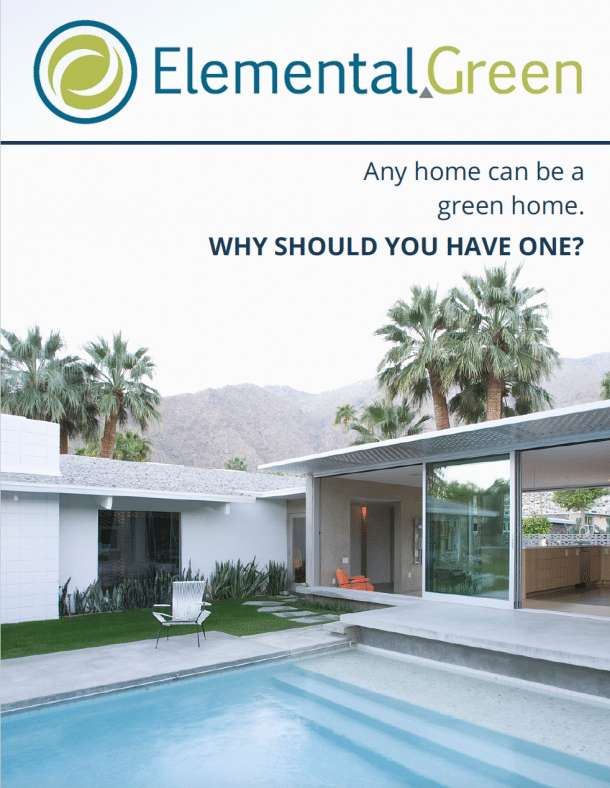By Elemental Green Staff
Residential solar continues to increase in desirability and popularity, in part because it will increase the value of your home. According to a new study, 27.2% of single-family homeowners already have solar or plan to get solar installed. But on top of this, 66.7% of non-solar homeowners want solar. Of the non-solar households surveyed, 77.8% of non-solar households name upfront cost to be the top barrier. But it doesn’t have to be.
When homes with solar were compared to homes without solar, Rocket Homes found that homes with solar power installed sold in 13.3% less time and were 24.7% more likely to sell over asking. Furthermore, homeowners with solar said they believe it adds a median of $12,500 to their home’s value. A variety of loan products, including mortgage and home equity loans, base your line of credit on the as-completed appraised property value. That is, the value of your home after solar panels are installed and delivering electricity, gratis, from the sun.
Solar panels benefit beyond electricity
Solar electricity is pollution-free, emitting no greenhouse gasses. Once they are paid for, solar panels will produce electricity for free, lasting 25 to 30 years before their output declines drastically. They require little maintenance and can save dramatically on your electric bill, depending on your power usage and the local utility’s rates.
Lower electric bills
Homeowners who can overcome the capital expense of installing solar power could lower their monthly energy bill by half: the median monthly electric bill for homes without solar is $130, compared to $70 for homes with solar. It is no wonder why this is the top motivation for homeowners to get solar panels, with 90.7% pointing to it as their top reason.
In addition to generating electricity during the day, some homeowners can sell the extra electricity back to the utility for a credit. This can add up for homeowners or the person they sell the house to, though some utilities are beginning to phase out these programs. If your utility offers a time-of-use (TOU) rate, consider including battery storage in your solar system to minimize the electricity you draw off the grid late in the day.
Go green
Elemental Green readers prioritize the environment and sustainability in their homes, more and more each year. Currently, 85.1% of households surveyed say that the environment is one of their top reasons for considering solar panels. After a few years of use, the CO2 produced by manufacturing your panels will be completely offset by the carbon-free electricity you continue to generate. This reduced reliance on fossil fuels, decreasing a home’s overall carbon footprint, is a values-based motivator for potential buyers to pay more.
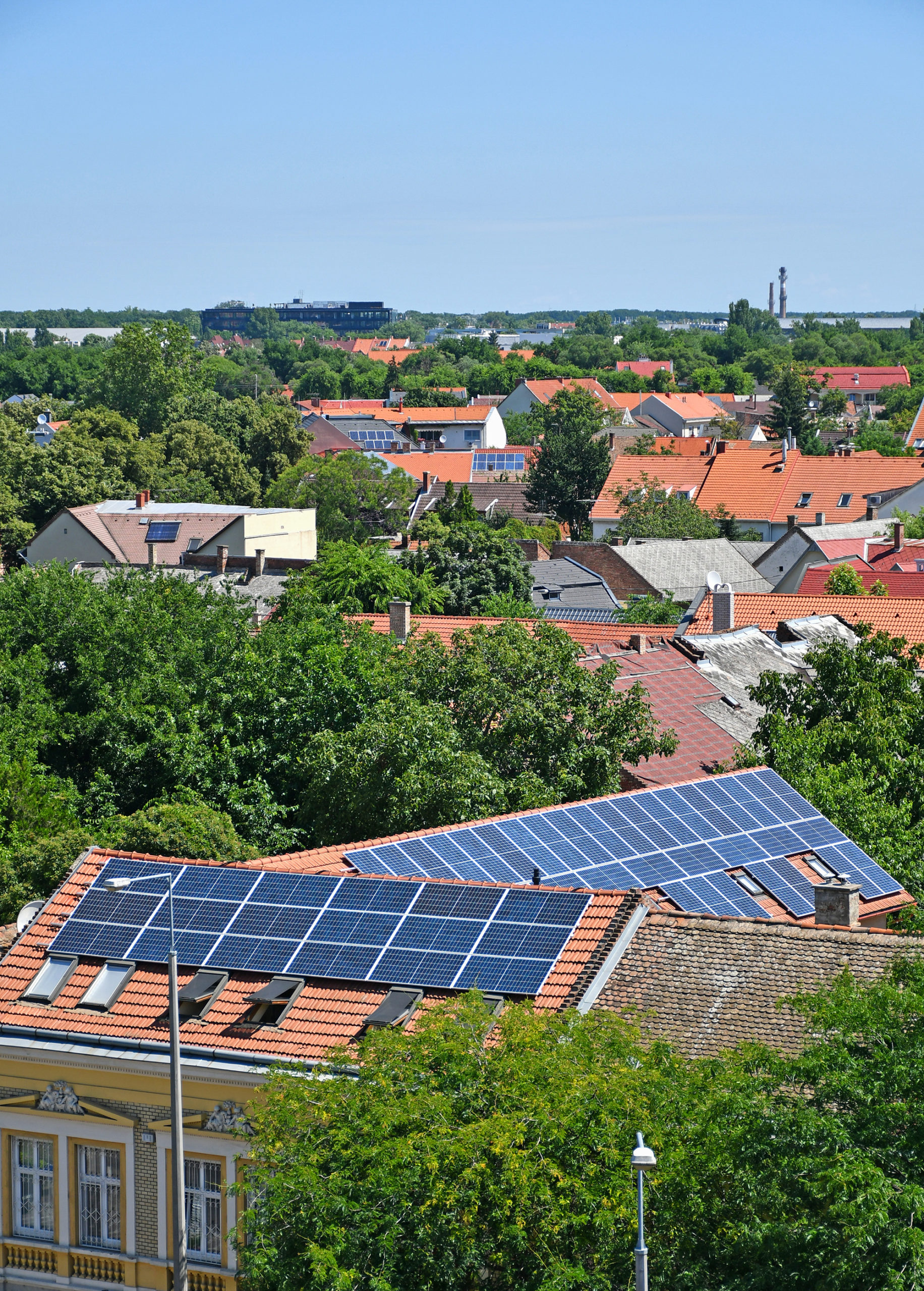
Reliability and resilience
You don’t realize how important electricity is until it’s gone. The desire to have reliable electricity led to 83.5% of homeowners’ interest in solar (nearly equaling the 84% who named financial incentives). Much of the electrical grid in the US has passed its life expectancy. In practically every region of the country, power outages have grown, largely due to extreme weather. As our homes and businesses become more connected, Americans feel the damage more keenly. Remember, to have constant, reliable electricity from solar during a power outage, homeowners will likely need a complete solar system that includes a battery.
Stop relying on the utility
Utility-generated electricity continues to rise in price, and your local utility most likely has a monopoly in your area. It’s the only game in town, and you just can’t do without. Returning to the eco-friendly proposition, about 61% of the electricity generated by utilities is from fossil fuels—coal, natural gas, petroleum, and other gasses. At times of high electricity usage, gas-powered peaker plants might be polluting right in your neighborhood.
Solar panels with the help of batteries can meaningfully lessen your reliance on a local utility. At some point, homeowners might commonly have the option to be totally off the grid. And for many this is a very appealing concept. For now though, most PV systems must remain connected to the utility grid to meet their current demand, as a backup, or to sell excess solar generation.
Solar increases your home’s value
All these benefits add up to a convincing argument that solar is worth the upfront cost to a homeowner. And though it could take 5 to 10 years for a solar system to pay for itself via utility savings, the financial payback could be much shorter. A thorough study of home sales back in 2011 to 2013 found that a home’s resale value increased on average $3,780 for each kW of solar installed; the maximum was $7,530. This increase in home equity and resale value will give homeowners confidence in their solar investment and enable access to capital they might not otherwise have.
For most households, their home is their largest investment and the primary engine for building wealth. Consider whether investing in solar is the right value proposition for your home, or your prospective home, and whether a potential buyer or lender would agree.

